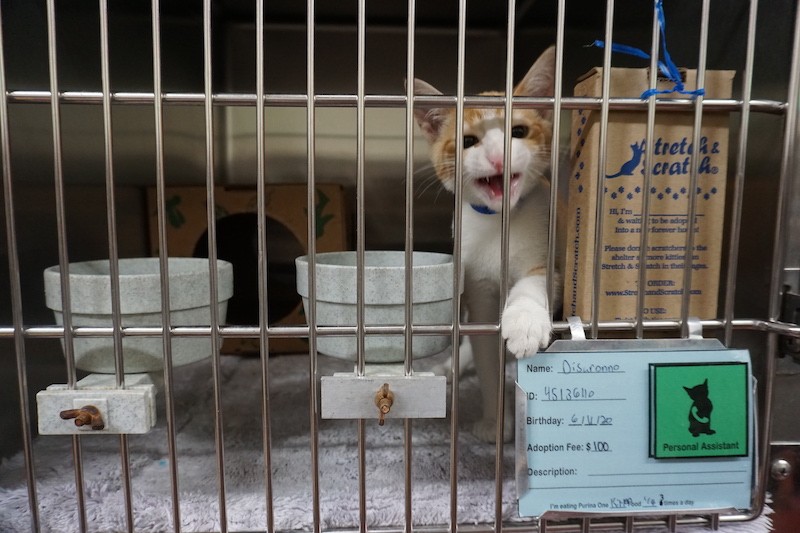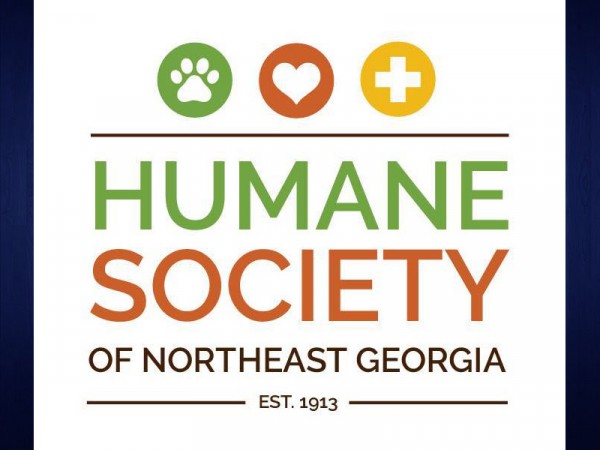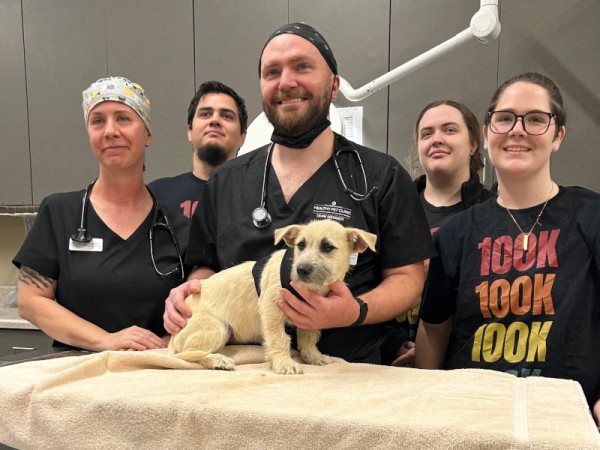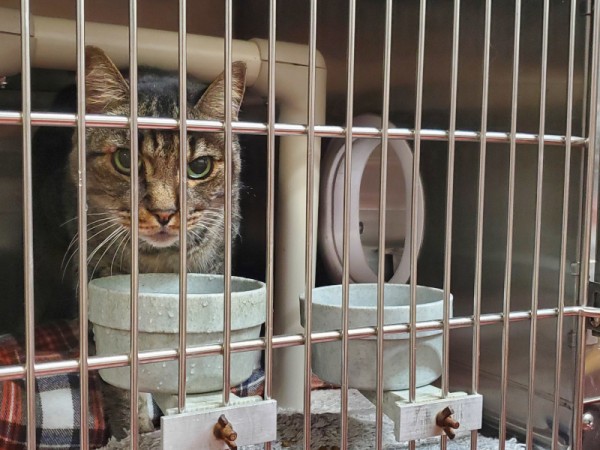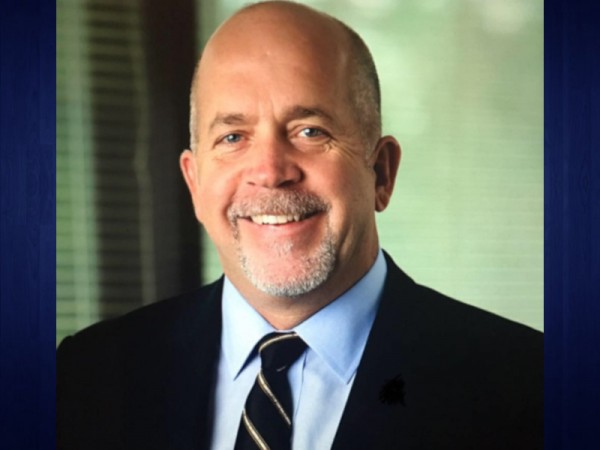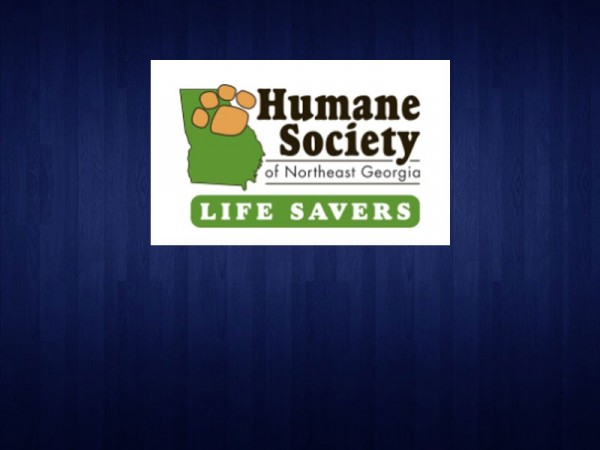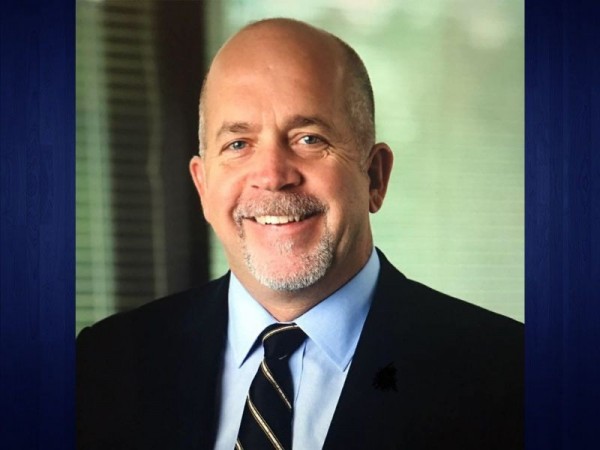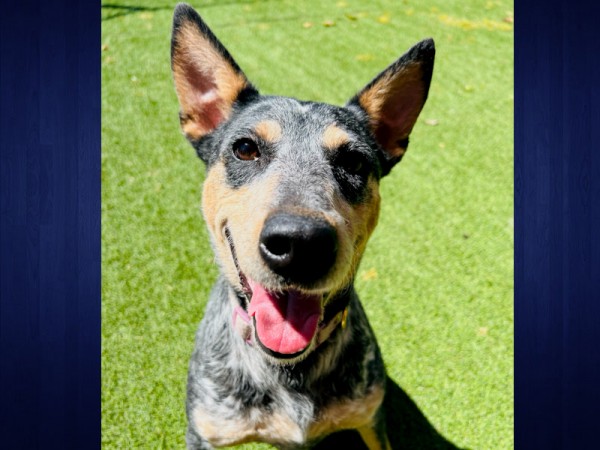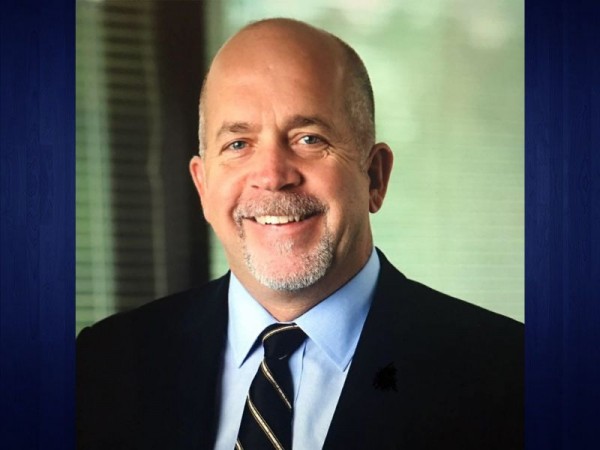Many families have found a four-legged companion at the Humane Society of Northeast Georgia, but the need for a humane society in the Hall County area hasn’t changed since the shelter opened.
Shelter, humane societies and pounds were designed to be short term solutions to the problem of pet overpopulation. However, the problem isn’t decreasing, and many collection sites for stray animals have had to determine long term solutions.
The Humane Society of Northeast Georgia, for instance, not only partners dogs, cats, and other domesticated animals with new families, but also offers a spay and neuter program in their wellness clinic.
Spay and neuter surgeries, also called sterilization, alteration or colloquially, “fixing” and animal, involved the reproductive organs of the animal being removed - for females, spaying removes the ovaries, and in male dogs, neutering removes the testicles.
Development Director Samantha Threadgill said pet sterilization is part of the deal for their adoptees.
"Every animal here is spayed or neutered prior to adoptions, they are microchipped so if they get lost they can be scanned and returned to their owner, and they are vaccinated up to their age," said Threadgill.
Part of rescue work is helping and health, and the humane society offers a low cost clinic as a public service. Threadgill said pets can get their annual shots, varies treatments and alterations, all at a low cost.
While some may not feel like sterilization is a friendly option, Threadgill said it’s important to understand that the procedure does more than just act as a birth control for animals.
"Especially for cats, spay/neuter is super important because cats multiply and when you don't spay and neuter, there are a lot of things that can happen," Threadgill said. "Not only does it give in to the overpopulation of animals, but also animals can get sick if they don't get spayed or neutered. Like I sad for cats, one of the reasons we have 47 cats here is that people are not spaying or neutering their pets and they are multiplying like crazy and they end up in a shelter."
Dogs and cats are at risk for problems later in life if they live the unaltered lifestyle, and the possibilities are avoidable.
"One thing that comes to mind right away is testicular cancer in males is very common if they are not altered," Threadgill said. "Also, when animals are overbred things can go wrong too. Females can get cancer in their ovaries and when they're overproducing, they're not spayed and neutered, obviously there's too many animals in the world and you have animals ending up in the shelter for however long."
Many dogs and cats that end up at the shelter are the result of overbreeding or accidental breeding, according to Threadgill, so it’s important for pet owners to understand that alteration does make an impact in the process.
The spay/neuter clinic and wellness center are funded by the low-cost fees for services.
"Our adoption center is completely run by donations," Threadgill said. "We couldn't do it without the people today that are locked up and the people who are giving to bail them out."
The 5th Annual Adoption Angel Lock In, dedicated to late longtime volunteer Lori VanScoten, raises money for the adoption program and center. The goal for the Lock In this year was $80,000, and Threadgill said if the goal was reached, dog adoption fees would be waived for a week in an effort to clear the shelter.
And, if you're looking for a furry friend, Threadgill said Thursday the humane society has 47 cats - much more than usual - and 24 dogs available for adoption.


